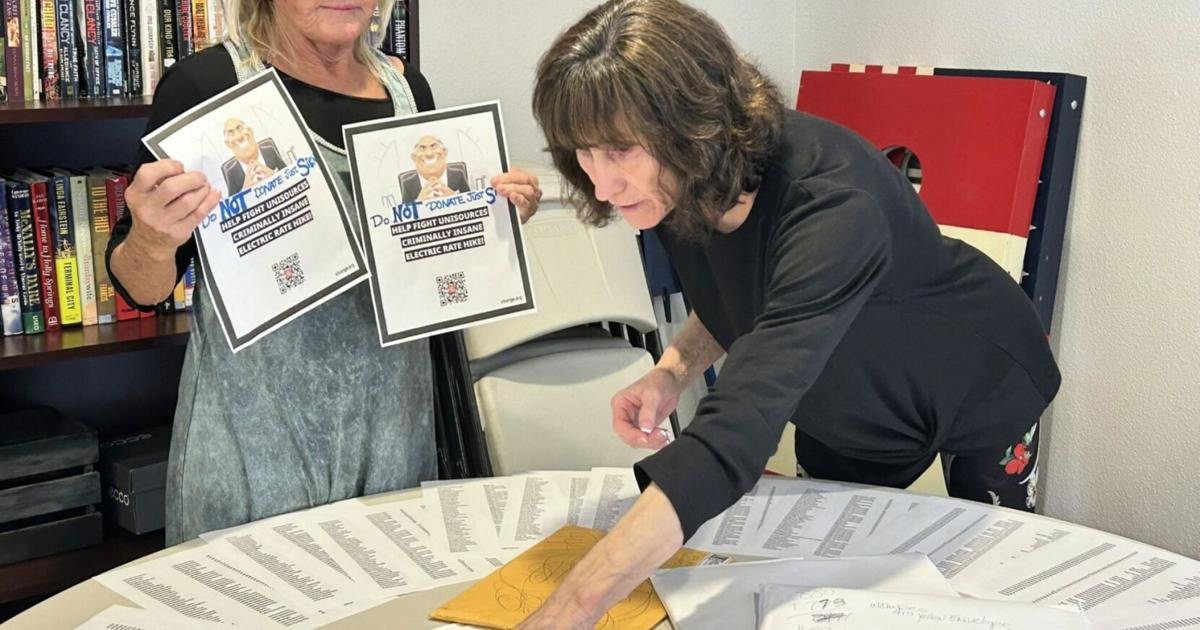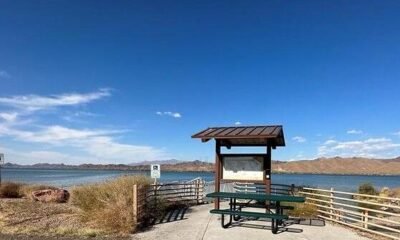Politics
Local Heroines Unite: Havasu Women Take a Stand Against UniSource Rate Hike

A recent examination of state representatives has revealed a growing interest in national issues among policymakers. Various lawmakers are increasingly focusing on global challenges, including climate change, healthcare, and economic recovery. As the midterm elections approach, many constituents are demanding more engagement on these topics from their elected officials.
In Alabama, for example, legislators are pushing for more comprehensive environmental policies, aware of the long-term consequences of inaction. Similarly, Arizona’s representatives are placing greater emphasis on healthcare reforms, particularly in response to the ongoing impacts of the COVID-19 pandemic. This shift reflects the need for policies that address contemporary challenges faced by residents.
Lawmakers from coastal states have expressed particular concern over rising sea levels and the associated risks to local economies and ecosystems. These discussions are fostering collaborations across party lines, which are essential in tackling such pressing issues. Engaging constituents is crucial, as public opinion is shifting towards more proactive governmental action.
As the political landscape evolves, it is clear that representatives are attempting to align their priorities with the needs of their constituents. The focus on national and global issues is reshaping discussions in state legislatures. Continuous dialogue and input from the public will remain vital in driving effective legislation.


















